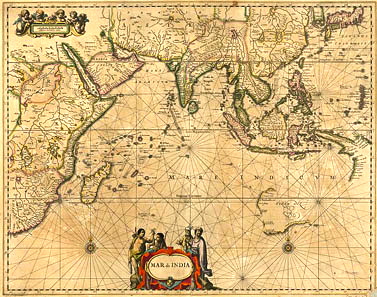ATTENDANCE AND PARTICIPATION
A course in
historical research and methodology can be a fascinating exercise, but for this
to happen it will require some effort. This means regular and punctual classroom
attendance and consistent adherence to the schedule of assigned readings to keep
up with the pace of the lectures and discussions. If you must miss a class, you are required to notify the instructor in advance and in writing. Any unexcused absence after the first two will reduce your
final course grade by one third of a letter grade. Two late arrivals count as
one absence. Being unprepared for class discussion will also count as an unexcused
absence. Students are always encouraged to ask questions in class and
during office hours, and to go beyond the minimum course requirements as
their imagination and intellect lead them. Your active participation is
vital to the success of this course.
|
BIBLIOGRAPHICAL EXERCISE
The
purpose of the bibliographical exercise is to familiarize you with the range
of bibliographical aids available in the reference section of the library. Note that there are two reference
sections: the non-circulating reference section on the main floor and the circulating "Z" section in the
stacks. A second purpose of the exercises is for you to learn accepted forms for citations. Each you will
do all cards in a particular form.
|
ORAL HISTORY PROJECT
During the
semester each student will conduct an oral history interview and present a
written analysis of the historical topic discussed with the interviewee. The oral history project must focus
on an event or historical development in which the interviewee was involved or witnessed rather than focusing
specifically on the person being interviewed.
|
FINAL EDITING PROJECT
In
the final editing project each student will select, in consultation with the instructor,
a primary, historical source and prepare a rigorous annotation and edition of it. The historical work for documentary
editing should be non-fiction, historical material—for example, a diary, a series of letters, reminiscences, court
or hearings testimony, an autobiography, or a first-person narrative describing an event or an exploration.
|
Assignments must be submitted on time. Unless there are extenuating
circumstances and an extension is obtained in advance, assignments will
be reduced by one third of a letter grade for each day they are late.
After five days, an assignment will not be accepted.
The Lewis & Clark College Policy on Academic Integrity is applicable
to all assignments and examinations in this course. Any instances of cheating or plagiarism, however slight, on any assignment or examination
will result automatically in a failing grade for the course and referral to the College Honor
Board for further disciplinary action.
|
|
|




